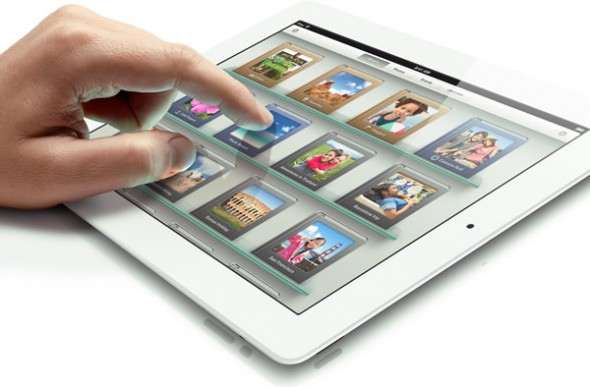
Following the growing success of tablet devices over the past two years, the world’s media has reported a substantial number of plans suggesting to equip every student, teacher, employee and even government official (at the tax-payer’s expense) with a personal tablet. Is this merely a hype-induced trend, or a matter of real necessity?
Several schools in England reported intentions to purchase a tablet for every student this academic year. Sara Davey, head teacher of Mounts Bay Academy in Cornwall, claims that this will transform teaching practices and promote ‘world-class learning’. She also mentions that the plan is more cost-effective, saving the institution not only the purchasing of computers, but also building adequate space for them. Further comments by students suggest ideas to create apps for different subjects on the school syllabus.
American schools such as Burlington High in Boston consider tablets to be a ‘better long-term investment’ than textbooks. Principal Patrick Larkin suggests that unlike textbooks, educational computers programmes possess the ability to offer more up-to-date content. The ideal learning environment, he says, should incorporate both technological solution, as well as traditional text books where availability of bespoke computer programmes is less likely.
A particularly interesting case is that of the Bolton State Comprehensive in northern England, where the majority of pupils arrive from disadvantaged communities. Every pupil is given a tablet device, allowing them the (otherwise unlikely) opportunity to email tutors at any time after school hours. Whilst some teachers allocate a certain time slot to interact with pupils, it is not uncommon for others to reply within10-15 minutes. Reports show that pupils are receptive to, and encouraged by, such methods of learning. Furthermore, pupils say that the continuous possession of the device helped them beat a basic fear of technology, and turned homework into a more productive and fun experience.
Endorsements for such moves have been aired by politicians. British Member of Parliament Priti Patel stated that ‘new and modern technologies can provide a valuable asset to help children learn’ and that ‘all schools are able to make these investments and will do so in discussion with parents. ‘It is the parliament’s view that tablet computers ‘improve personal productivity’ and conserve paper. MPs are already claiming expenses for tablet devices, and are currently instigating plans to purchase a device for each member.
One obvious hurdle in executing such plans is, of course, the cost of buying, repairing, and replacing of tablets (a particular problem with young users). The advantages of saving paper, interactive education and offering time relevant, easy-to-update content, however, are impressive. Which side is likely to win the battle? Only time will tell.

